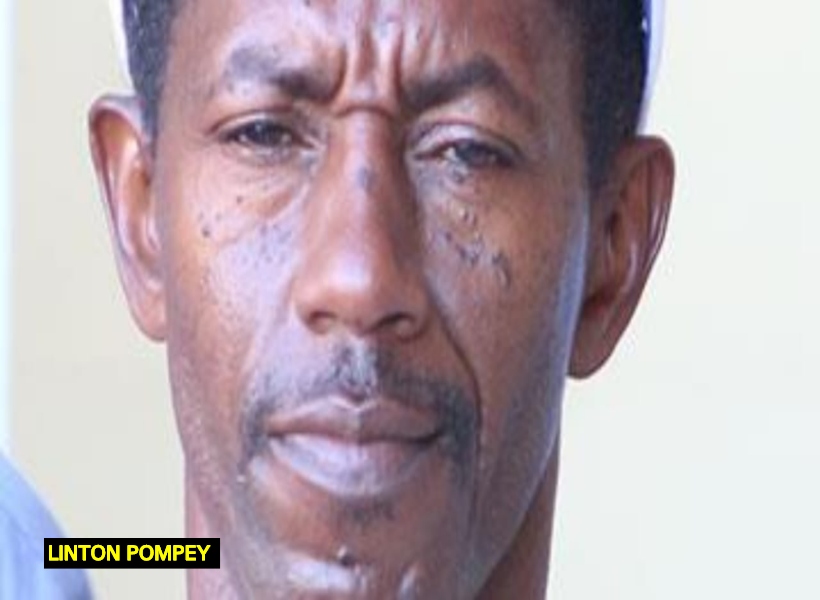The Court of Appeal this morning affirmed two rape convictions and one of sexual assault, as well as a 37-year jail sentence against Linton Pompey, 53.
In 2015, Pompey, said to be a father of 12, was found guilty by a 12 member jury on two counts of rape of a child under 16, which occurred between June 1 and 13, 2011 and January 10, 2012, respectively.
He was also found guilty of sexual assault which occurred between May 1 and 21, 2011. The girl he committed these offences on was 14 years of age.
Based on information, Pompey inserted his penis into the girl’s vagina and also fondled with her breasts.
Following the convictions, Pompey was sentenced to separate terms of imprisonment on each count, which accumulated to 37 years, since the trial judge ordered that the sentences run consecutively.
In upholding the convictions, Chief Justice Roxane George said that the convictions can be supported by the evidence of the prosecution.
She further added that the summation of evidence done by the trial judge did not jeopardise the case in any way.
Pompey’s lawyer Nigel Hughes had argued that the trial judge failed to put the defence of his client to the jury.
The lawyer argued, too, that the consecutive sentences were excessive.
Hughes had contented that consecutive sentences are only warranted when there is some level of extreme violence.
But the Chief Justice this morning disagreed, saying that the sentences were appropriate given that the offences occurred at different times.
At an earlier court hearing, the Chief Justice sought to remind Hughes that rape, by itself, is a violent offence.
Prosecutor Natasha Backer had disagreed with Hughes’s contention that the sentences were excessive given the nature of the offence.
Citing a case from the Caribbean Court of Justice (CCJ), Backer said that it was reasoned that consecutive sentences may be given if the offences occurred in unrelated acts, as in this case.
She explained that in Pompey’s case, he committed the acts on the girl, 14, on different days. She pointed out that a considerable amount of time would have elapsed between the commissioning of the offences.
Following the Court of Appeal’s decision to affirm the convictions and sentences, hence dismissing the appeal, Hughes indicated that he will be challenging the decision at the Caribbean Court of Justice, the highest court in the country.













